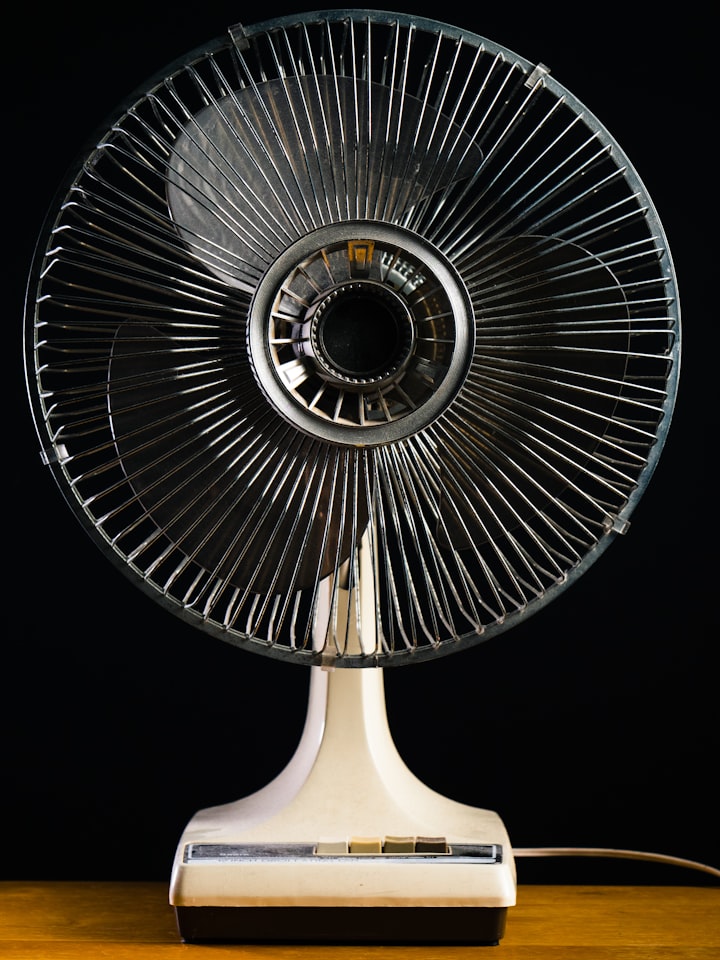The Problem of Broken Electronics at the Thrift Store
This really isn't that complicated

Today, I was sitting on the couch pondering making coffee, and it occurred to me that my second-hand Keurig machine has been a great investment. Over the four months or so that I’ve had it, my boyfriend and I have probably made more over 200 coffees with it. The Keurig is sleek and pretty, and looked to be like-new when I bought it. One of the fancier models, it retailed for a couple hundred dollars or so.
I paid about ten bucks for it at the local thrift store.
Before deciding to scope out whether I could get a used Keurig, I’d looked online and almost pulled the trigger on buying a new one for anywhere from $50 to $100. Of course, these were the lower-end models, and had drawbacks. Some had a small water reservoir, or none at all, needing instead to be refilled each time you wanted to brew a drink. The cheaper models tended to be smaller, which was nice, I guess. But that wasn’t really a feature I cared about.
Some of the new models had multiple brewing modes, even allowing you to choose the approximate temperature of your drink. I hesitated, knowing that once I pulled the trigger, I’d probably be stuck with the thing for a while, so it was worth finding one I’d be happy with. For me, paying very little is usually sufficient to ward off any buyer’s remorse, even if the end product is lacking in some way. I could always re-donate it if I didn’t pay much, without regret.
But then there was the issue of broken electronics at the thrift store.
I’d run into this before. Once, there was the $50 electric guitar that I couldn’t test, because, well… They didn’t have cables and an amp, obviously. Once I got it home and plugged in, nothing. It was broken. I brought it back, but apparently there were no returns on electronics. I scoffed, and said, “You guys sold me a broken guitar. It’s worthless, but I paid you $50 for it. I want my money back.” I didn’t get my money back.
Another time, since apparently I don’t learn, I bought a blender from a thrift store. It was beautiful, so I felt no shame about blowing $15 on a used blender, assuming it would work. Why wouldn’t it? Do blenders even break?
After I got it home and cleaned it, I happily loaded it up with acai, fresh fruit and juice, plugged it in, turned it on. The new-to-me blender spun into action, for about two seconds, then stopped. Hmm. I started it again, and again, got two seconds of blade spinning before it stopped. Thinking I could deal with this quirk, I kept hitting the button, until I realized I’d probably have to do this about ten thousand times to get the same effect that continuous spinning you expect from a blender gives you.
I brought it back, a different store from where I’d bought the guitar, and again was denied a return. I looked online for a solution, and apparently there is some part you can order to fix blenders that do this. But it was complicated, and as I recall the part alone would have cost more than I’d already paid for the broken blender. The whole thing ended up in my dumpster because I didn’t want to curse someone else with it.
So anyway, I was sitting around thinking about my Keurig, and how when I’d come across it at the thrift store, I eyed it very suspiciously. This time, since two broken electronics were the charm for me, I took it to the one spot in the store where there was a visible outlet, filled the reservoir with water from the water fountain, and dumped my coffee out to catch the hot water that would hopefully disperse. It did. I ran it several more times to make sure. It actually worked.
Even after I took it home, I was still weary of it, expecting betrayal at some point. After all, why would someone donate a perfectly good, like-new Keurig? I never found out. The thing still works, miraculously.
So here I am today, marveling at this wonderful Keurig that I bought for a few dollars, and has made me so many cups of coffee, and then I’m brought back to the bitter memory of those things that I instead wasted money on. I grimace. How awful that people would even donate broken electronics, I think to myself. That should be a crime, to saddle poor people (or at least people who shop at thrift stores) with one more worry, one more false hope, the disappointment of money you can’t afford to lose being wasted on something that doesn’t work.
But wait, I chasten myself. What’s the alternative to donating? Would you rather people throw away items, like you did with the blender, when there may actually be potential buyers out there willing to do a repair and keep these things out of the dump?
No, no. Of course I don’t want things that can be repaired to end up in a landfill. It’s certainly better for them to be sold. BUT — at a price that reflects their ability to do the job their assumed to be capable of. For example, that blender should have cost a dollar or two. The guitar, five.
Basically, thrift stores are often totally negligent when it comes to electronics, and it is completely fair to suspect that something priced as used-but-functioning will, you know, function. At the very least, these people could test the items and label the things that don’t work, or are damaged.
That’s a perfect world, though. And I know better than to expect that thrift stores will hire another minimum wage employee to ensure that they’re not making their (presumably poor) customer’s lives even harder by grifting them out of the little money they have.
So, if you’re ever on the hunt for a second-hand Keurig you’ll never fully trust but will eventually appreciate a great deal, make sure you test it.






Comments
There are no comments for this story
Be the first to respond and start the conversation.